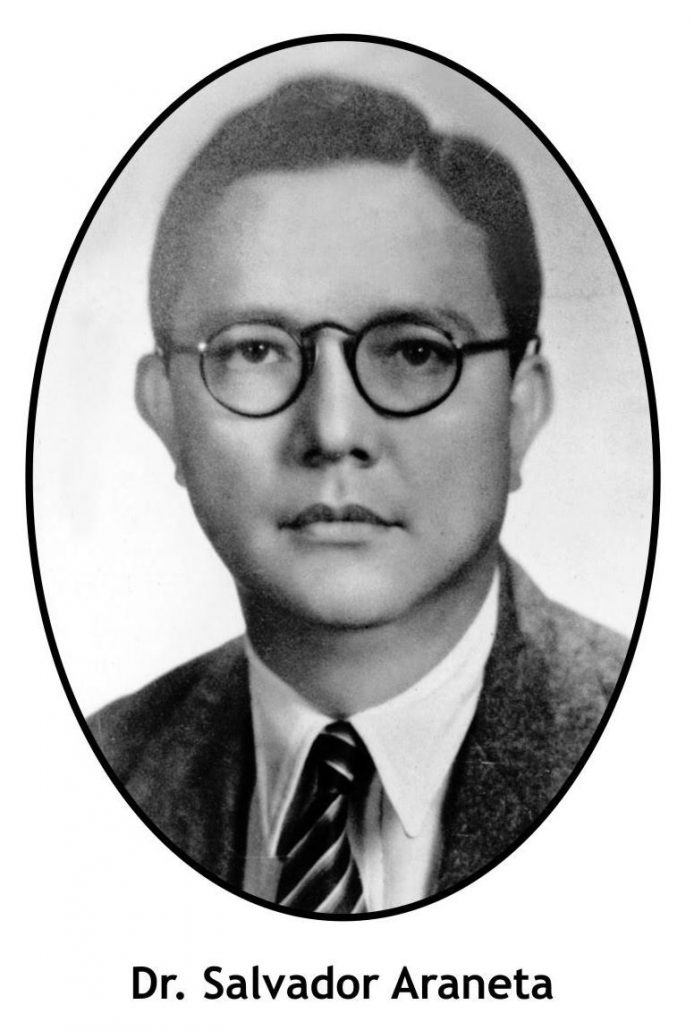 ARANETA IN USA CONGRESSIONAL RECORDS
ARANETA IN USA CONGRESSIONAL RECORDS
On two occasions, Araneta’s speech was recorded by the US Congress. First was as an extension of the speech delivered by the Honorable Ernest W. Gibson of Vermont on April 22, 1940.
Araneta dealt with the topic pertaining to the “Essence of Independence.” He spoke before the Town Hall Meeting of the Air broadcast by DMHM. That speech was included in the records of the US Congress. In Araneta’s speech, he urged the adoption of a Dominion Form of Government similar to that of Canada which Araneta knew would be acceptable to Quezon.
The second instance was in 1957 when his speech was also quoted by another lawmaker, the Honorable James B. Utt, who found Araneta’s speech “courageous yet conciliatory for his effort to improve Filipino-American relations without weakening the sovereignty and territorial integrity of the Philippines in the field of economics.”
SENSE OF FOREBODING
Did Araneta have a sixth sense or was it because he was a keen observer of what was going on around him?
He anticipated two life-changing events that would affect every Filipino: the Japanese invasion and Martial Law declared in 1972.
He likewise foresaw that we would only be given “paper independence” and he told President Quezon so.
In “Bound to Empire: The United States and the Philippines”, H.D. Brand wrote that Araneta described the future “in ominous terms.” He was referring to the Japanese invasion, which Araneta foresaw.
In fact, Araneta warned leaders of Congress not to be complacent about the increasing economic penetration of the Japanese.
Similarly, Athle Wijanco-Estacio, in her article “The Long Road to Freedom” (“Sunday Times Magazine”, July 6, 1986), said “Salvador Araneta seemed to have an uncanny sense of foreboding.”
Wijanco-Estacio wrote that “the abuse (Martial Law) which Araneta had so feared came to pass 36 years after he tried to incorporate amendments to the Constitution to prevent the President from having powers to suspend the writ of habeas corpus without the concurrence of Congress.”
During the 1934-1935 Constitutional Convention Araneta led the debate against giving the President, as part of his military powers, the right to suspend the writ of habeas corpus.
Araneta and his group wanted instead to give this power to the National Assembly when it was in session, or when they were not in session, to the President.
However, the President had to obtain the consent of the majority members of the Supreme Court.
Araneta’s amendment did not end there. He further proposed that the suspension will be considered revoked if the President does not call a special session of the National Assembly, within 15 days from the date when the suspension was issued, or if the National Assembly fails to confirm the action of the President within 30 days.
Araneta feared that without the passage of this amendment, arrests would be arbitrary and a President would unjustly declare martial law.
FILIPINIZATION OF RETAIL TRADE, PARITY RIGHTS AND BELL TRADE ACT
Also in the Constitutional Convention of 1934-1935, Araneta and others proposed a provision in the Constitution regarding the Filipinization of the Retail Trade that unfortunately, was not approved. Instead, the provision was downgraded to a resolution because of the interference of President Manuel Quezon.
Araneta, who was in the heart of the campaign, gave us a picture of how this dilution and watering down of what the Filipinization of the Retail trade should be, came about. Araneta recalled that in a caucus, Quezon advised the delegates that the inclusion of this provision would jeopardize the approval of the Constitution by the President of the United States.
The delegates were then convinced that the National Assembly had the right power to promulgate a law that limits to Filipinos and American citizens the privilege to engage in the retail trade. For Araneta, “the spirit of the Provision which was written in our fundamental law will not succeed… unless it is also written in the hearts of the people.” (To be continued/PN)

